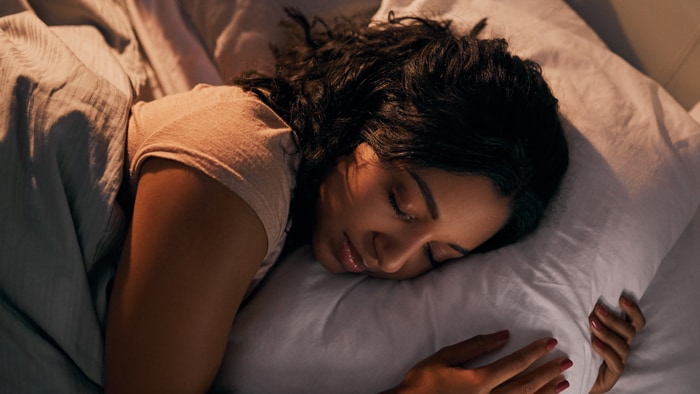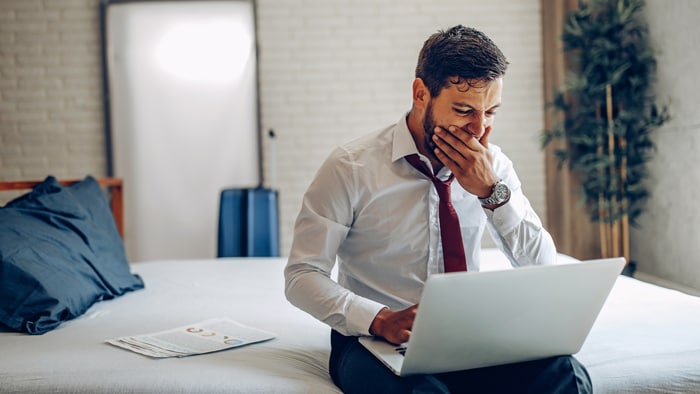Want to increase your productivity? Get some sleep
By Charlene O'Hanlon The demands of today’s blended work/home environment have had a huge impact on the amount of sleep we get. Even as recently as 20 years ago, the demarcation between the workday and time off was clear; today, however, flexible schedules and work-at-home arrangements have led to a good number of us working outside of and well beyond the traditional 9-to-5 schedule. That situation, and the popular notion that “sleep is for sissies,” means 30 percent of working Americans get fewer than six hours of sleep daily, according to data from the Centers for Disease Control. However, there is growing movement toward encouraging sleep as a way to increase productivity. After all, it makes sense: A well-rested person is apt to be more alert and better able to concentrate than someone who’s sleepy. In an article in Harvard Business Review titled, “Real Men Go To Sleep,” Alan Derickson, author of the book, “Dangerously Sleepy: Overworked Americans and the Cult of Manly Wakefulness,” advocates a change in society’s view of sleep not as a barrier to success but as an essential element. “The primary message—sometimes implicit, often boastfully announced—is that extended sleeplessness represents a form of masculine strength, leaving those taking a moderate amount of rest as effeminate weaklings destined to lose out in fierce marketplace competition,” Derickson wrote. Research, however, is proving the importance of sleep in keeping up with the workplace Joneses, so to speak. “An abundance of scientific findings, many from research sponsored by the military and NASA, has led many executives to abandon the quest to minimize sleep unreasonably,“ he wrote. "Some prominent figures, like Amazon’s Jeff Bezos, openly embrace and advocate a moderate alternative. Moreover, the growing ranks of proponents of work-life balance have tied male champions of heroic wakefulness to outmoded standards that took little or no account of time-consuming domestic duties.” As a result, more companies are adopting a more sleep-friendly attitude with their employees. The Huffington Post, for one, has nap rooms in its New York offices, and other companies including Nike, Google and Time Warner encourage siestas, Derickson noted in his article. The benefits of sleep as a productivity enhancer are many. One such study was published in the Journal of Sleep Research, which reported that night-shift air traffic controllers who were given 40 minutes to nap and slept an average of 19 minutes performed much better on tests that measured vigilance and reaction time. Naps are one way companies are seeing productivity increases, but nothing beats the right amount of shut eye at night. For adults, that means seven to nine hours a night, according to the National Sleep Foundation. And research is again proving the importance: In a test of male basketball players, Cheri D. Mah, a researcher at Stanford University, found that those who slept 10 hours a night performed much better during practice, with free-throw and three-point shooting each increasing by an average of 9 percent. The next time you find yourself nodding off in the middle of the day, think about taking a nap. Better yet, get a good night’s sleep. It will pay off in a multitude of ways.



